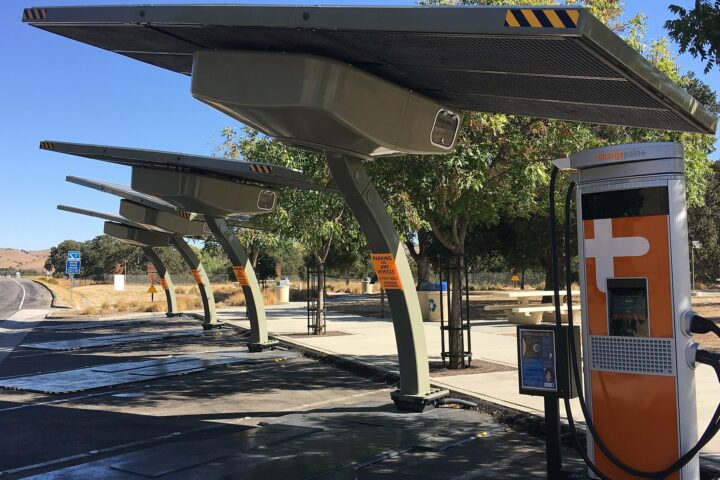The IRS is backing down from its controversial PayPal rule it was about to implement. The rule would force individuals to report any money received on the payment app valued at more than $600 in a year.
The IRS technically distinguished between money receive between persons and that received for services rendered. Sending money to friends and family is not taxable, especially if done to reimburse someone. Money received on PayPal in exchange for goods and services is technically considered income. CBS News reports:
The IRS is giving a break to People who received more than $600 via Venmo, PayPal or other payment apps this year.
The agency on Tuesday said it is again delaying the implementation of a 2021 law that requires payment platforms such as Venmo, Paypal or Cash App to send tax forms called 1099-Ks to anyone who received more than $600 in the current tax year.
The move caused a great uproar, as differentiating between the two kinds of transactions would be hard for the IRS. This in turn could have led to more audits simply for non-commercial micro transactions. CNBC has more:
“We spent many months gathering feedback from third-party groups and others, and it became increasingly clear we need additional time to effectively implement the new reporting requirements,” IRS Commissioner Danny Werfel said in a statement.
The agency said it also plans on updates for Form 1040, which is used by taxpayers to file individual income tax returns, and related schedules, to “make the reporting process easier.”
Another big loophole was that Zelle was not required to report money movement between 1099-K. Zelle is controlled by big banks, unlike PayPal and CashApp which are more closely identified as “financial tech.” Rather than using 1099-Ks, the IRS could potentially integrate PayPal and similar companies into the bank ecosystem.
READ NEXT: How the US Navy Is Using Cloud Computing









